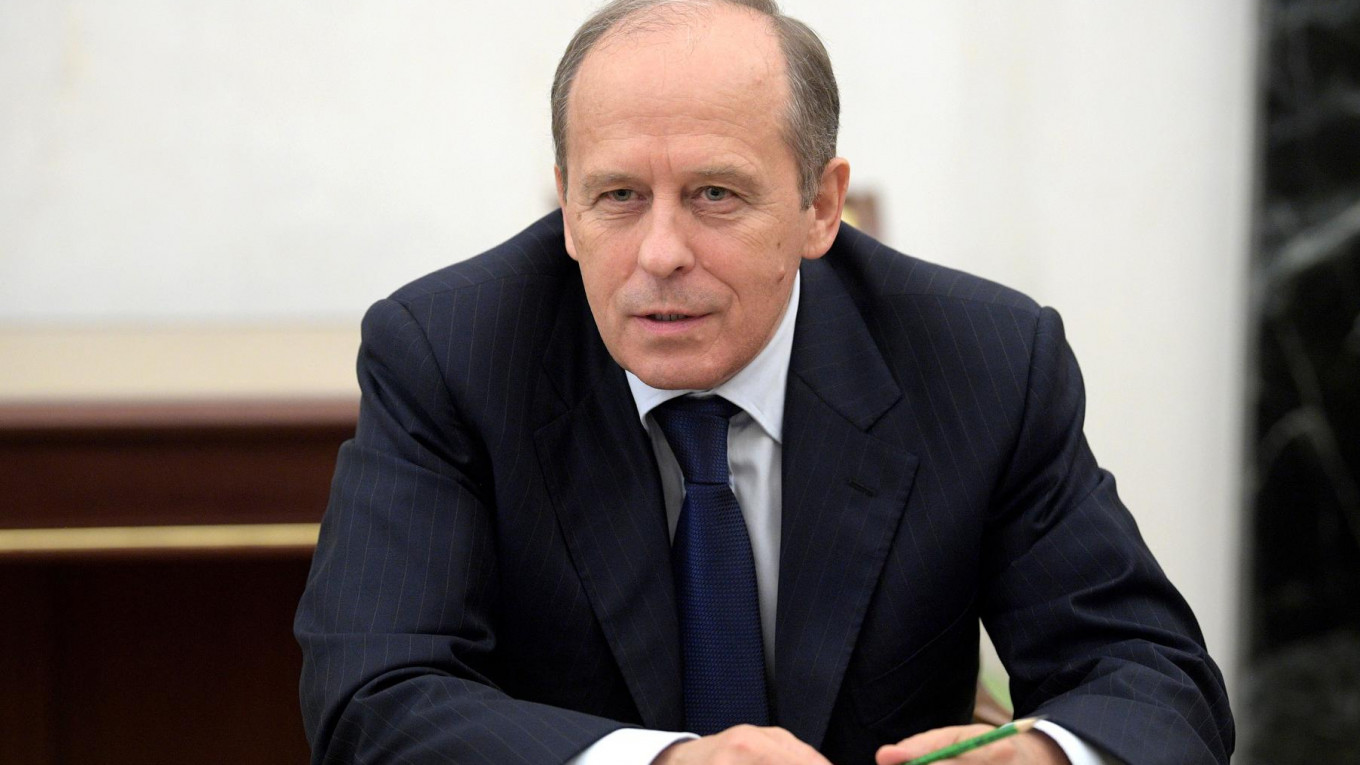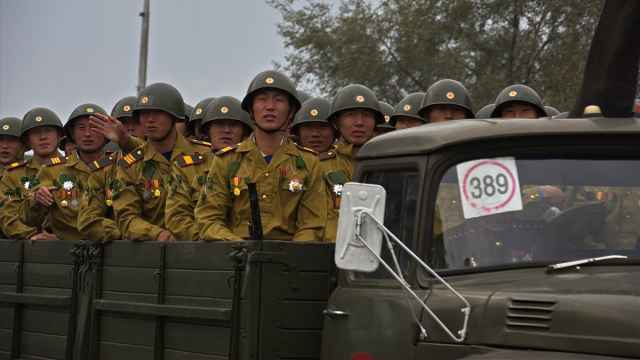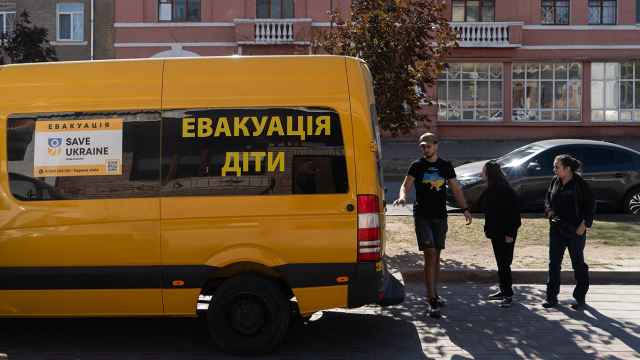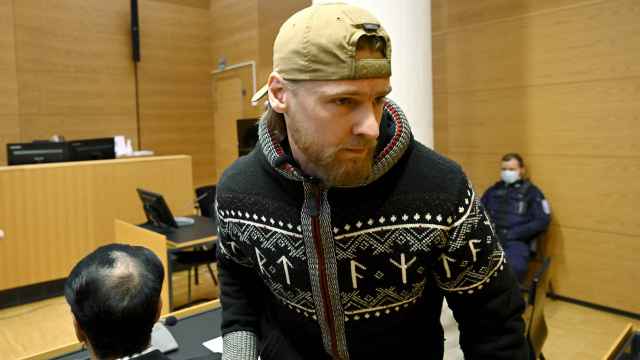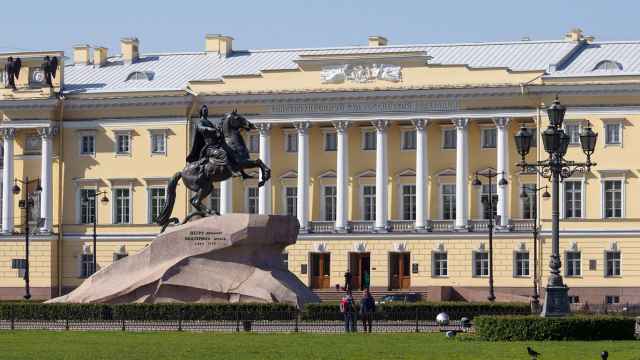The head of Russia’s Federal Security Service (FSB) has offered a defense of his agency's controversial predecessors, who were involved in organizing mass purges and the Gulag prison system.
Dec. 20 marks the 100-year anniversary of the founding of the Cheka, the notorious predecessor of the Soviet-era KGB and today's FSB.
Alexander Bortnikov gave a lengthy interview to the Rossiiskaya Gazeta government daily in commemoration of the event. Here are some of the highlights.
On traitors within Russia:
“Our Fatherland was a constant target for foreign states. The enemy either tried to defeat us in open combat or by using traitors inside our country to sow discord, divide the nation, and paralyze the ability of the government to effectively respond to threats. The destruction of Russia is still an obsession for many.”
On the purges of the 1930s:
“Although many associate this period with the mass fabrication of charges, archive materials show a significant number of criminal cases were based on factual evidence.”
On the U.S. plan for nuclear war with the Soviet Union:
“The U.S. intended to use the atomic weapons tested in Hiroshima and Nagasaki against our country. They picked out tens of bombing targets [...] The ‘Dropshot’ plan, approved in 1949, envisioned the outbreak of NATO aggression, starting with the bombardment of 100 Soviet cities with 300 nuclear warheads.”
On continued foreign espionage:
“Foreign intelligence services continue to strive to infiltrate all of our state’s spheres of activity. Naturally, this is met with a decisive response from [our] counterintelligence agents.”
On regular news reports about anti-terror operations in the volatile North Caucasus:
“As a matter of fact, the militant underground has been completely eliminated in the North Caucasus.”
On the FSB’s ideology:
“Russia’s FSB is currently free from political influence and does not serve any party or group interests. It bases its work on the Russian Constitution and federal law. It acts to ensure the security of the individual, society and the state. The results of our work are valued highly by the Russian president, and with every passing year, by ever greater numbers of citizens.”
On the negative connotations of the word Chekist:
“The word ’chekist’ has long become a figure of speech. It is deeply rooted not only in our professional slang, but is widely used in the journalistic world and in society at large. But we must understand that the activities of our security forces have nothing to do with the 'emergency actions' of the early Soviet authorities."
A Message from The Moscow Times:
Dear readers,
We are facing unprecedented challenges. Russia's Prosecutor General's Office has designated The Moscow Times as an "undesirable" organization, criminalizing our work and putting our staff at risk of prosecution. This follows our earlier unjust labeling as a "foreign agent."
These actions are direct attempts to silence independent journalism in Russia. The authorities claim our work "discredits the decisions of the Russian leadership." We see things differently: we strive to provide accurate, unbiased reporting on Russia.
We, the journalists of The Moscow Times, refuse to be silenced. But to continue our work, we need your help.
Your support, no matter how small, makes a world of difference. If you can, please support us monthly starting from just $2. It's quick to set up, and every contribution makes a significant impact.
By supporting The Moscow Times, you're defending open, independent journalism in the face of repression. Thank you for standing with us.
Remind me later.


